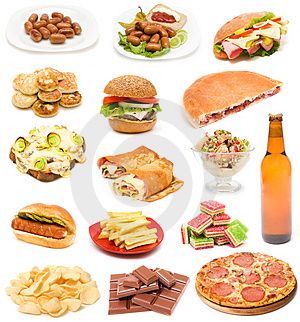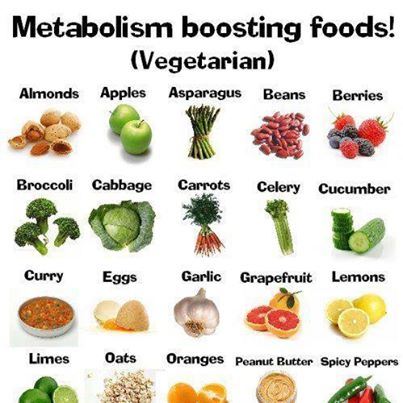
A gastroparesis diet is designed to treat people with gastroparesis, or the inability to empty the stomach on its own. Gastroparesis is an abnormal condition where the stomach does not empty completely at the same time. The foods normally part of a gastropresis diet include easy to digest, healthy foods such as lean meats, fresh vegetables, fruits, and whole grains.
Food is usually taken slowly so that the person who eats can feel full and less likely to overeat. The main goal of a gastroparesis diet is to improve your health and reduce any problems associated with gastroparesis. It helps you stay full and prevents overeating. Your doctor will usually prescribe a gastropresis diet if there are no other treatments available, although this is not an option for everyone.
There are effective gastropresis diets designed specifically for people with stomach problems such as partial or complete stomach ulcers, diverticulitis, or gastric bypass surgery. These diets allow you to eat in small portions, increase physical activity, and help prevent complications.
Meals taken with meals are usually smaller than you would expect. Food that can be eaten during a regular meal is easier to digest and therefore easier to digest and absorb, which promotes stomach healing.
Foods that need to be eaten between meals should be eaten slowly to prevent breakdown by stomach acid or the stomach itself. They should also be chewed thoroughly to get the full effect. Foods containing fats, oils, or any other ingredients that increase stomach acid levels should be avoided completely. Read more about diets for various diseases on the website Bupa Active Blog.
It is recommended that you eat one or two small meals a day, rather than three large meals. When you eat large quantities, it is important to keep your stomach full so that when you eat again you will not feel hungry again.
Diet should be closely monitored for gastropresis so that your body can still function normally. It should be changed as needed, and in the most serious cases, a doctor's help is needed to help you progress.

Food allergies, for example, are sometimes present in some people
If this is the case you may want to avoid eating certain foods. It's a good idea to eat a good range of foods and to see how your body responds to changes in your diet. Food allergies can affect a person's ability to eat safely and can be dangerous.
People with digestive problems can have problems with their digestion, which can result in difficulties with eating and even pain and cramps in the abdomen. This is caused by the stomach being unable to work properly. Food left undigested in the stomach will tend to ferment and cause an unpleasant smell and stomach pain.
The digestive tract can become infected from bacteria and germs found in foods. Foods that are raw can irritate the lining and cause problems with digestion.
Making a healthy and proper food choices will be difficult if the stomach isn't working properly. This can lead to discomfort and pain when swallowing and problems eating. In more extreme cases a problem can lead to malnutrition and anemia.
Gastroparesis is often caused by a buildup of toxins in the body. They can also be the result of dehydration, which occurs if the person has no access to water. Dehydration can be helped through fluid intake and drinking plenty of water.
It's a good idea to stay well hydrated by drinking eight glasses of water a day, which can help with digestion and allow the body to naturally flush out toxins and harmful bacteria. It's also wise to eat plenty of fruits and vegetables.
Leave a Reply